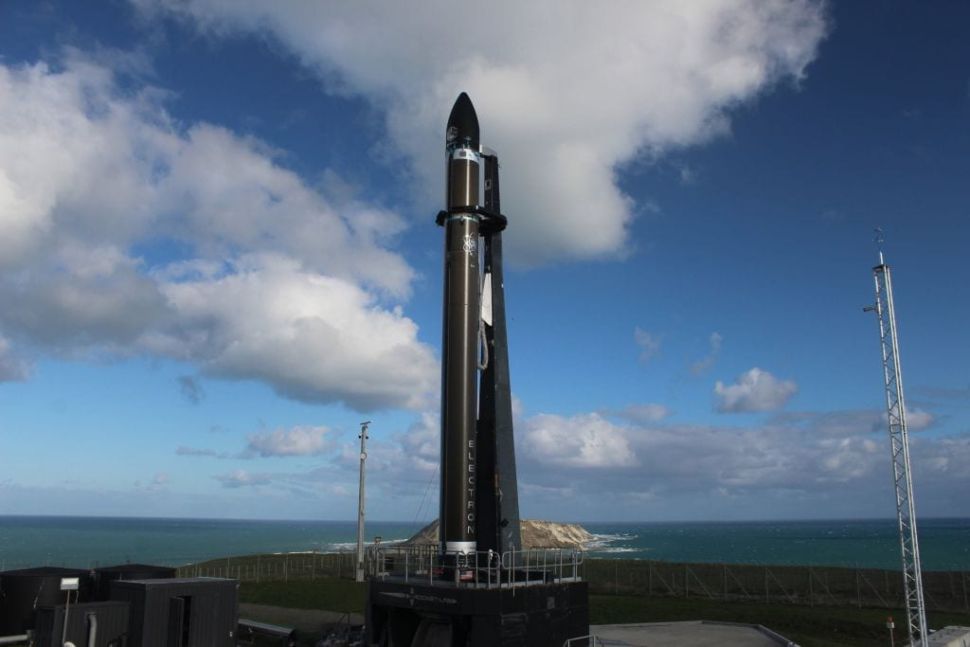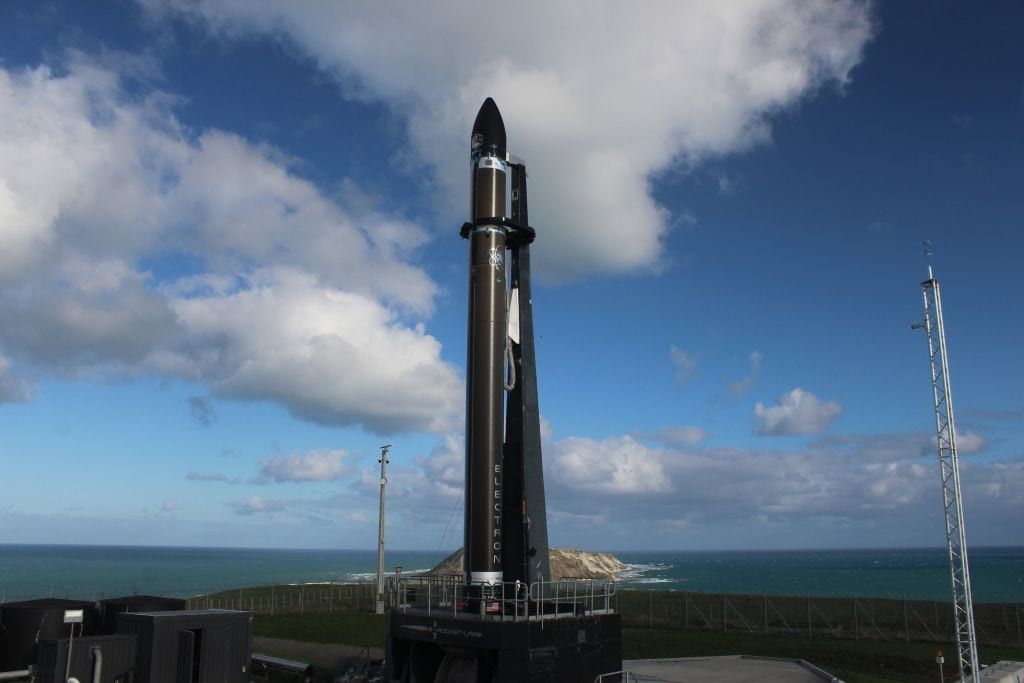
SpaceX rival, New Zealand-based mostly Rocket Lab, accomplished its reverse merger with unique-goal acquisition business Vector Acquisition Wednesday and grew to become the most recent privately funded rocket corporation to go general public. Shares have started buying and selling on Nasdaq below the ticker “RKLB.â€
1st announced in March, the SPAC deal valued Rocket Lab at $4.1 billion. The corporation lifted $777 million at the transaction’s shut, such as virtually $500 million in PIPE (non-public investment decision in community equity) funding from Vector Money, BlackRock, Neuberger Berman and other institutional investors.
Two times just before its public sector debut, Rocket Lab obtained NASA’s eco-friendly mild to structure and maybe launch two of its Photon spacecraft for a science mission to Mars.
The mission is acknowledged as the Escape and Plasma Acceleration and Dynamics Explorers, or ESCAPADE. It’s element of NASA’s Tiny Ground breaking Missions for Planetary Exploration (SIMPLEX) application, aimed to conduct compelling interplanetary investigate with little satellites.Â
If almost everything goes effectively, Rocket Lab hopes to launch the pair of spacecraft in 2024 and arrive on the pink earth sometime in 2025 to review its magnetosphere.
Rocket Lab has a several other interplanetary assignments involving the Photon craft below progress as properly. Later on this yr, it is anticipated to launch a probe to the moon in a mission identified as CAPSTONE. The probe will act as a precursor to Gateway, an global moon-orbiting outpost envisioned under NASA’s Artemis program.
At the time of profitable the CAPSTONE agreement, Rocket Lab also introduced an inside exertion to send out a comparable spacecraft to Venus—to glimpse for lifetime.
“The spacecraft we’re making for NASA to go to the moon is not that considerably various than the spacecraft we are sending to Venus…We have the means to do it, so it’s just unacceptable to not attempt,†Rocket Lab founder and CEO Peter Beck informed Observer in an interview in January. “Instead of undertaking large missions when just about every ten years, we want to prove that we can fill loads of compact missions in among to advance point out-of-the-artwork planetary science.â€
Aside from satellites, Rocket Lab’s most commercially promising item are reusable rockets. Similar to SpaceX’s Falcon 9 boosters but much smaller sized (and cheaper), these rockets are developed to frequently send analysis and professional payloads to Earth’s orbit and further than.
The business has properly tested a reusable rocket named Electron, which is about a quarter the sizing of a SpaceX Falcon 9. With new funding from the SPAC merger, the enterprise programs to build a bigger booster identified as Neutron for lifting heavier payloads.
Neutron will stand at 131 feet tall, about two-thirds the dimensions of a SpaceX Falcon 9.
Rocket Lab’s satellite start company brought in $33 million in income in 2020. Anticipating government and commercial start demand to improve quickly in the coming a long time, the business aims to be financially rewarding by 2023 and arrive at $1 billion in income by 2026.

